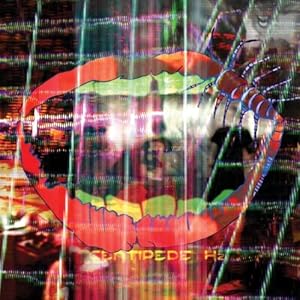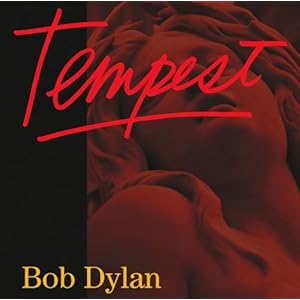There is a bizarre phenomena that surrounds the Animal Collective; they are pulling themselves in both directions. While they have become more melodically and sentimentally grounded, they have become sonically more outre. In their over a decade long career, the Baltimore quartet has turned from slightly eccentric freak folk to jittery digital tweakers. Animal Collective's most recent release, Centipede Hz follows the path the band has been heading in for the past couple years.
One thing is for sure, Centipede Hz is an Animal Collective album. Many non fans may find the chaos overwhelming and uncomfortable. Even those who ARE fans may be disappointed by the bands in-your-face, opaque nature, of Centipede Hz. Where Animal Collectives previous efforts, the critically acclaimed Merriweather Post Pavilion and Strawberry Jam, patiently made beauty out of bedlam and noise, Centipede Hz sounds forced. The result is a watered down version of what makes the band great. Those familiar with Animal Collective will recognize it immediately. Where Animal Collective typically allows the bleeps and boops to slowly come together into a song, Centipede Hz is the musical equivalent of paint being thrown on a wall. The noises are there without purpose or inspiration.
Animal Collective has had a career that anyone in the non-mainstream music scene would envy. Few bands have had the popular and critical acclaim that the band has collected throughout the years. To say that the band has hit a high water mark would, at this point, still be a a ridiculous statement. The band has constantly proven themselves to push the envelope and try new things. Centipede Hz, however, is the first time the band has rested on their laurels, and lacked forward momentum. While the future of Animal Collective is still bright, even the best bands make clunkers, and Centipede Hz was theirs.


